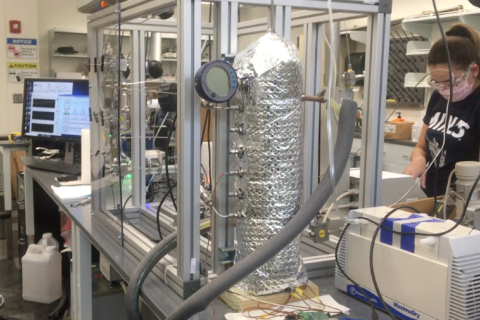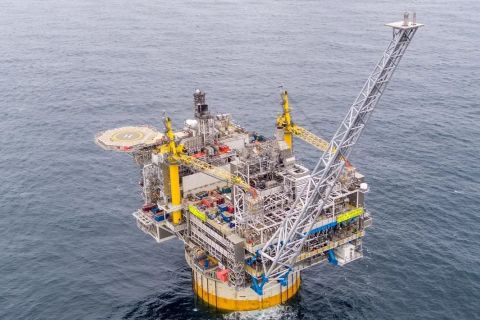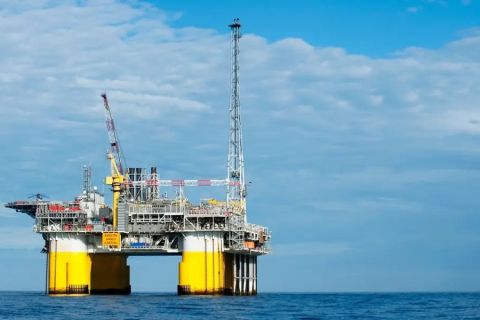Valero Energy Corp. chairman, president and chief executive officer William E. Greehey was the highest-paid executive of a publicly traded U.S. upstream or downstream oil company last year. ExxonMobil Corp. chairman and CEO Lee R. Raymond's base salary was more than double Greehey's. But a $5-million bonus and nearly $10 million in long-term incentive plan pay pushed his total compensation past that of Raymond, who heads the country's largest oil company. These are among the results of Petroleum Finance Week newsletter's 2001 executive-compensation review. (For the entire chart, see OilandGasInvestor.com.) A $9-million bonus moved Marathon Oil Corp. chairman Thomas J. Usher into third place with nearly $13.4 million of total compensation, behind Raymond's nearly $14.7 million and Greehey's more than $16.4 million. Usher's bonus represented $3 million from USX Corp. and $6 million paid from Marathon. The raw numbers don't tell the entire story, say members of several companies' executive-compensation committees. They noted that long-term incentive plan (LTIP) payouts, for example, can be cumulative over an employee's service (Greehey has been with Valero for 38 years). Bonuses also can reflect exceptional events, such as Valero's successful purchase of Ultramar Diamond Shamrock and Huntway Refining as well as a Corpus Christi refinery from El Paso Corp. last year, they add. But the committee members, who are outside directors, say a scoreboard would help investors compare executive pay in the current national climate of increasingly visible corporate financial disclosure and accountability. While the figures come from 2002 proxy statements, the totals are not necessarily complete. Kerr-McGee Corp. determines its executives' bonuses by comparing it and its specialty chemical company's financial and operating performance for the year relative to its peers. The company paid bonuses in May and plans to disclose the figures in its 2003 proxy statement. Petroleum Finance Week used 2000 compensation in its scoreboard. The scoreboard also lists options, but does not assign a current dollar value to them. Devon Energy Corp. was one of the few companies in the group that attempted to do so. It granted 150,000 options to chairman and CEO J. Larry Nichols, whose nearly $1.7 million of total compensation placed him 57th. The independent assigned a present value of slightly more than $1.5 million to the options based on its possible future value using the Black-Scholes Option Pricing Model. It assumes 42.2% share price volatility, a 3.8% annual risk-free interest rate (the interest paid by zero-coupon U.S. government issues, with a remaining term equal to the options' expected life), a 0.6% annual dividend yield and a five-year expected life of the options from their December 4, 2001, grant date. Devon also granted 53,000 options to each of four vice presidents. Compensation-committee members say options are not as valuable to oil and gas executives because they can be reduced significantly when plunging commodity prices gut stock prices. Options became the rage during the 1990s, when Internet and telecommunication start-up companies' stock prices were soaring. "When you switch over to the highly volatile energy area, it makes it hard to be certain that an executive is going to make money on them," one committee member says. Valero established its incentive bonuses for 2001 based on return on equity and investment, compared with the average for three other refiners; earnings per share; and the daily average closing price per share during November 2001 compared with the same month the prior year. For 2001, the company's performance was above that of the three-refiner peer group's average for return on equity and investment.
Recommended Reading
Going with the Flow: Universities, Operators Team on Flow Assurance Research
2024-03-05 - From Icy Waterfloods to Gas Lift Slugs, operators and researchers at Texas Tech University and the Colorado School of Mines are finding ways to optimize flow assurance, reduce costs and improve wells.
Subsea Tieback Round-Up, 2026 and Beyond
2024-02-13 - The second in a two-part series, this report on subsea tiebacks looks at some of the projects around the world scheduled to come online in 2026 or later.
AI Poised to Break Out of its Oilfield Niche
2024-04-11 - At the AI in Oil & Gas Conference in Houston, experts talked up the benefits artificial intelligence can provide to the downstream, midstream and upstream sectors, while assuring the audience humans will still run the show.
Defeating the ‘Four Horsemen’ of Flow Assurance
2024-04-18 - Service companies combine processes and techniques to mitigate the impact of paraffin, asphaltenes, hydrates and scale on production—and keep the cash flowing.
2023-2025 Subsea Tieback Round-Up
2024-02-06 - Here's a look at subsea tieback projects across the globe. The first in a two-part series, this report highlights some of the subsea tiebacks scheduled to be online by 2025.





